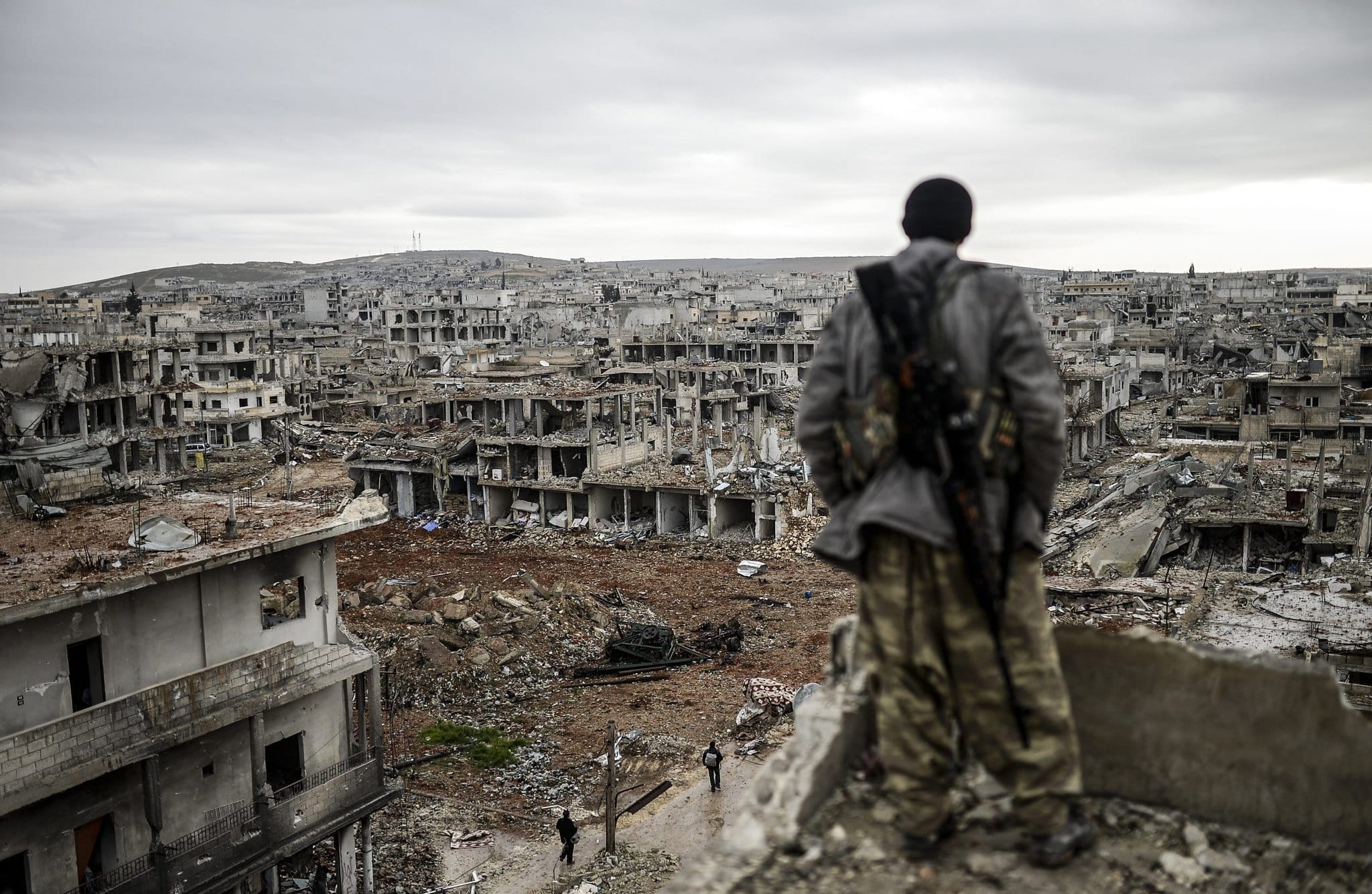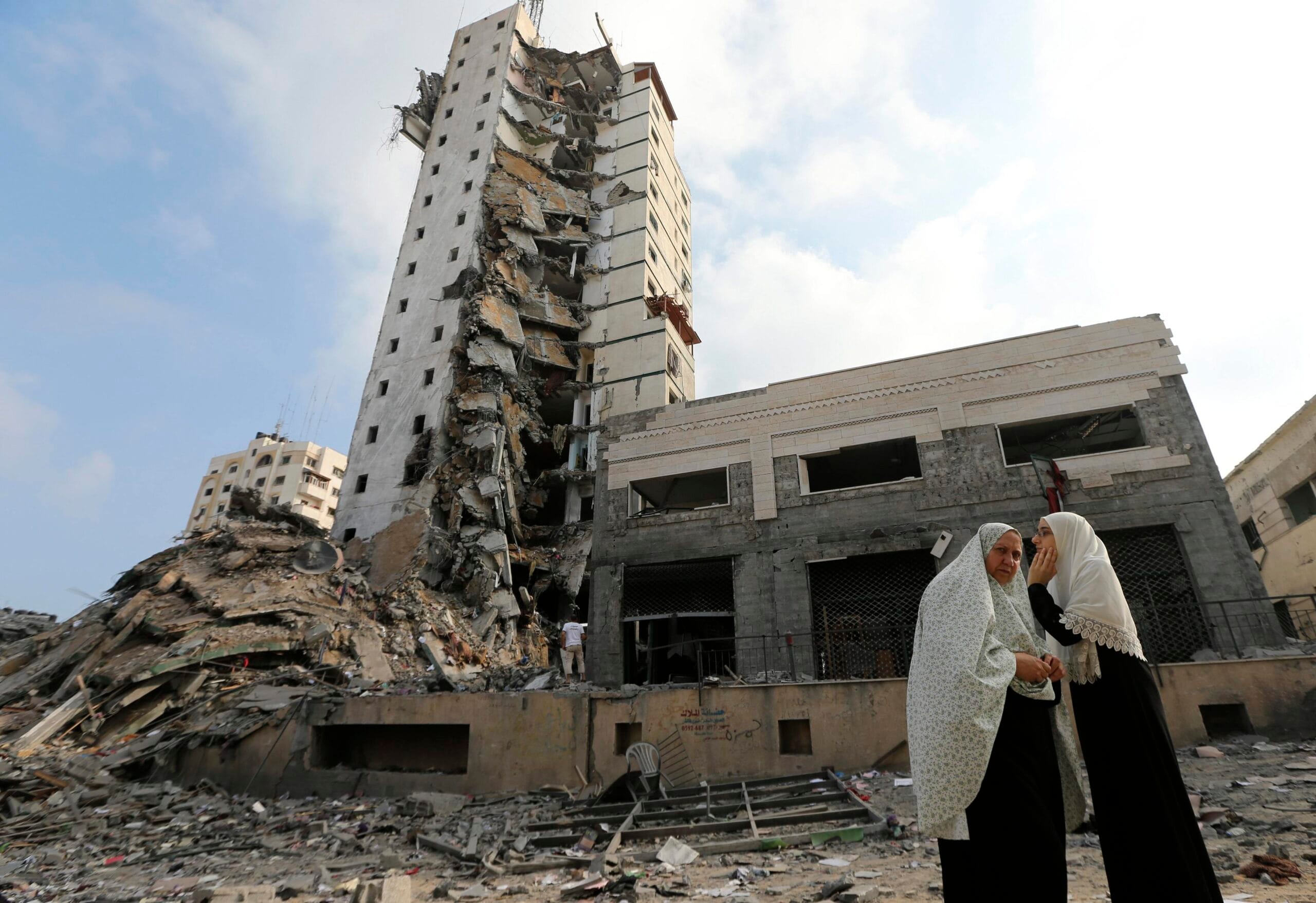In the evolving landscape of military policies concerning gender and sexual orientation, public figures are often scrutinized for their statements regarding these sensitive topics. Recently, Pete Hegseth, a prominent personality on Fox News, found himself at the center of controversy after comments he made about the roles of women and LGBTQ+ individuals in the military. His remarks, which some interpreted as inflammatory, led to widespread criticism from various stakeholders, including veterans, advocacy groups, and social commentators.
The situation unfolded when Hegseth appeared on a live segment discussing military personnel policies and the current state of the U.S. Armed Forces. During the broadcast, he characterized the inclusion of women and LGBTQ+ individuals in combat roles as a potential liability, citing concerns about operational effectiveness and unit cohesion. His comments sparked immediate backlash on social media platforms and drew condemnation from several advocacy groups who argued that such views reiterate outdated stereotypes and stigmas that have long been challenged in contemporary discussions about military service.
Following the outcry, Hegseth issued a statement clarifying his views on the issue. In a subsequent interview, he seemed to walk back his earlier comments, emphasizing the importance of diversity and the contributions that women and LGBTQ+ individuals have made to the military. He acknowledged the capabilities and valor demonstrated by service members across all backgrounds. Hegseth stated, “Upon reflection, my comments might have been misunderstood. Women and LGBTQ+ individuals serve honorably and bravely, and their presence in the military does not detract from our mission but enhances it.”
The discourse surrounding Hegseth’s statements is reflective of wider societal debates regarding military inclusion and the roles of underrepresented groups. In recent years, the U.S. military has made significant strides toward increasing diversity within its ranks. Policy changes, including the repeal of “Don’t Ask, Don’t Tell” in 2011 and the lifting of the ban on women in combat roles in 2013, have paved the way for a more inclusive environment in the Armed Forces.
Representatives from various organizations advocating for the rights of service members have weighed in on the controversy. The American Military Partner Association, which supports LGBTQ+ service members and their families, issued a statement applauding Hegseth’s eventual clarification and urging continued dialogue on the importance of inclusivity. They emphasized that the military’s strength lies in its diversity, and every soldier should be valued for their skills and commitment, rather than their gender or sexual orientation.
Further developments in military policy regarding women and LGBTQ+ individuals continue to be closely monitored by lawmakers, military leadership, and advocacy groups alike. The Department of Defense has made it clear that it remains committed to ensuring all service members, regardless of gender or sexual orientation, are treated with respect and given equal opportunities to serve. This commitment is underscored by ongoing efforts to combat discrimination and promote a culture of inclusion within military ranks.
The economic and social impacts of these policies are significant. Research has shown that diverse teams often achieve better operational outcomes and higher morale. For the military, cultivating an inclusive workforce is not merely a matter of social justice; it impacts the effectiveness and performance of the armed forces.
As the conversation around Hegseth’s comments illustrates, the subject of diversity within military ranks is one of ever-evolving importance. While the military has made substantial progress in recent years, misinformation and longstanding biases can still hinder discussions about inclusivity. Thoughtful engagement on these topics is essential to fostering a military culture that welcomes all individuals and enables them to perform to the best of their abilities.
The comments made by Hegseth reflect not only personal beliefs but also a broader societal context in which traditional views of gender roles and sexuality are being reexamined. The military serves as a microcosm of society at large, stepping forward amid larger cultural changes occurring throughout the United States. Dialogues like the one ignited by Hegseth’s initial remarks can serve as a critical juncture for conversations that ensure all individuals feel recognized and valued in their service.
Hegseth’s situation also highlights the vital role media plays in shaping public understanding of military policies and social issues. Public figures addressing controversial topics must be cognizant of the potential repercussions of their statements and how they can affect perceptions of essential societal issues, including military service and inclusivity.
Ultimately, Hegseth’s walk-back of his controversial statements serves not only as a reminder of the complexities surrounding discussions of gender and sexuality in the military but also speaks to the ongoing journey toward greater acceptance and recognition of diversity within all facets of society. The evolving narratives surrounding military service continue to challenge traditional beliefs and highlight the contributions made by an ever-diversifying group of service members committed to protecting their country.
Moving forward, it will be crucial for military leaders, policymakers, and advocates alike to engage in thoughtful and inclusive dialogue to ensure all voices are heard and that the armed forces reflect the society they serve. By fostering an environment that values diversity and promotes equitable policies, the military can better fulfill its mission and uphold its core values of honor, courage, and commitment.
As debates over military policy continue to unfold, the importance of respecting and valuing all individuals remains a fundamental aspect of achieving a more inclusive and effective military. With dialogues like Hegseth’s gaining traction, there is hope that ongoing discussions will lead to a deeper understanding of the necessity for inclusivity and recognition of diverse contributions in the military sphere.



